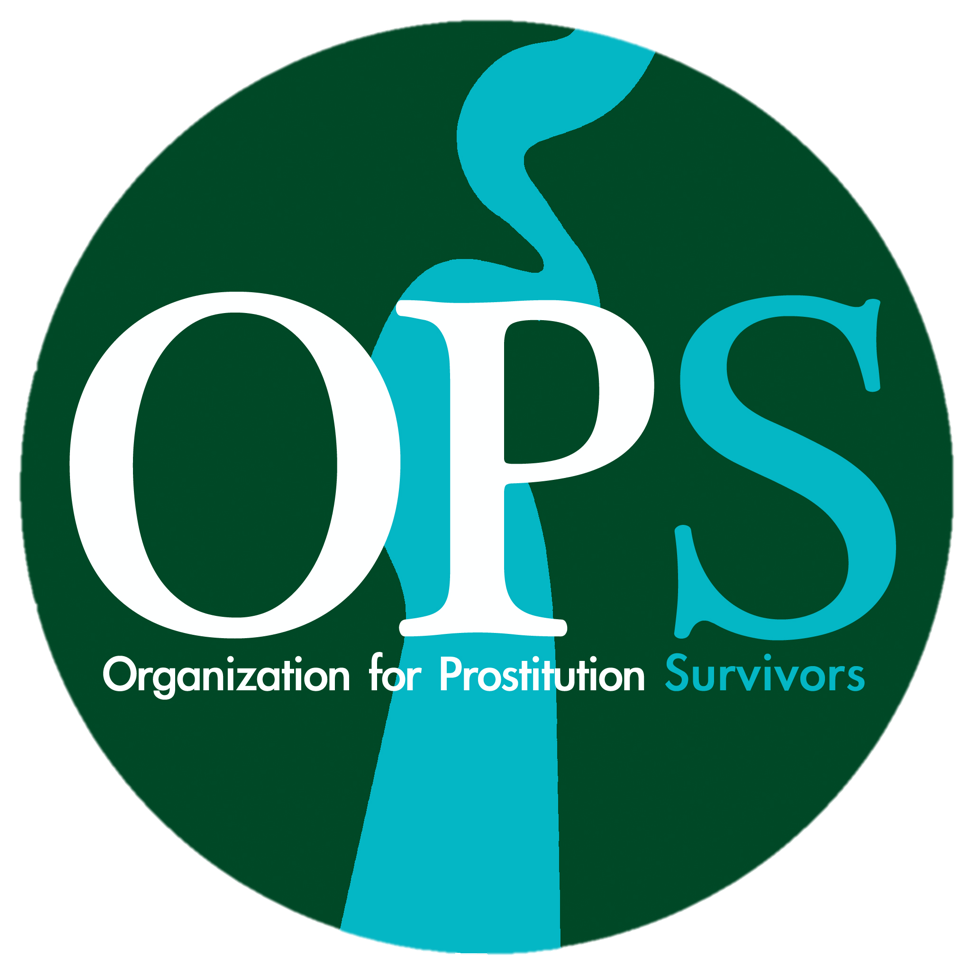How Lack of Resources and Choices Contribute to the Issue of Trafficking
Systemic inequalities and disparities create an environment that puts certain groups at a higher risk of exploitation, including trafficking. Factors such as mass displacement, conflict, extreme poverty, and limited access to education and job opportunities push individuals into vulnerable situations where they become susceptible to trafficking.
The Role of Harmful Social Norms and Systemic Inequity
Traffickers often prey on vulnerability, specifically targeting those living in poverty, individuals without legitimate job options, and those without educational opportunities. They exploit the desperation of individuals who are searching for a way to escape violence or simply meet their basic needs. In this sense, poverty leaves individuals in a state of economic desperation, making them more susceptible to offers of employment or opportunities that may ultimately lead to trafficking.
The Complexities of Choice in the Sex Industry
In discussions surrounding the world of commercial sex, the word "choice" is often used, with some claiming that individuals willingly choose to participate while others argue that they had no other choice. Let's explore this further.
Many individuals who enter the sex industry explain that their decision was driven by a desire to attain financial stability and the ability to provide for themselves. They valued the independence and freedom that came with setting their own hours and being their own boss. However, it is important to consider the context in which this choice was made.
For many, their journey into the sex industry began at a young age. They saw it as a means to achieve financial stability in an environment that offered no other viable options. Can we still call this a choice when it is the only way they can secure shelter, food, and stability?
Additionally, there are those who state that they had no other choice but to participate in the sex industry in order to survive. These individuals are often impacted by a range of factors, including age, economic difficulties, lack of financial resources, limited educational opportunities, and experiences of trauma. In such circumstances, can we truly label their involvement as a choice when they had no other viable alternatives?
Moving Towards Change and Empowerment
To address this issue effectively, it is crucial that we center the voices and experiences of survivors. By listening to their stories and believing them, we can begin to challenge societal judgments and preconceptions.
Instead of passing judgment, we must unite and offer support, compassion, and financial aid to those who have experienced exploitation. By coming together as a community, we can advocate for systemic changes that provide individuals with a range of options beyond the sex industry. Through initiatives aimed at improving access to education, job training, and stable employment, we can create stronger support networks and more opportunities for survivors to rebuild their lives.
The lack of resources and choices often plays a significant role in perpetuating the cycle of trafficking. By acknowledging the impact of systemic inequalities and disparities, we can begin to address the root causes of vulnerability that traffickers exploit. Through survivor-centered approaches, compassionate support, and efforts to create systemic change, we can work towards a future where everyone has access to resources and opportunities that will empower them to live free from exploitation.



